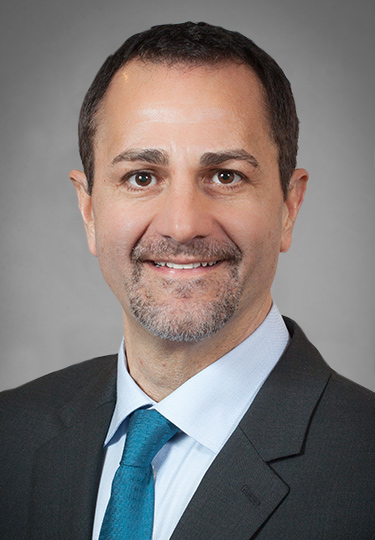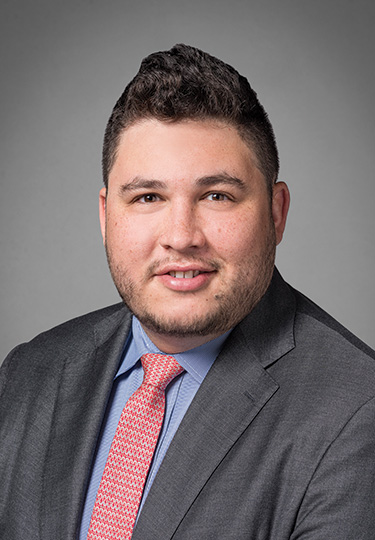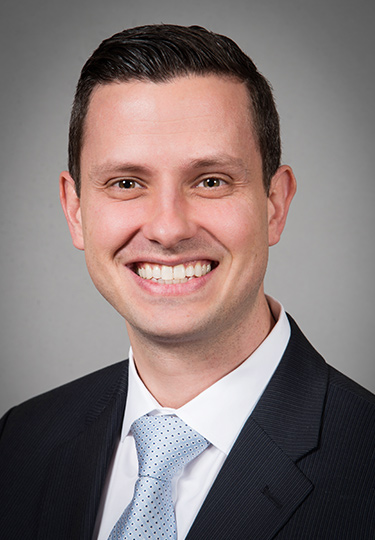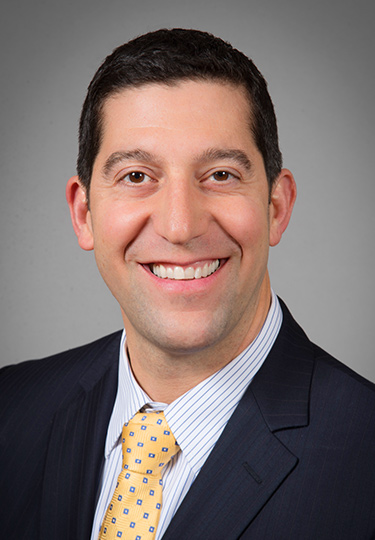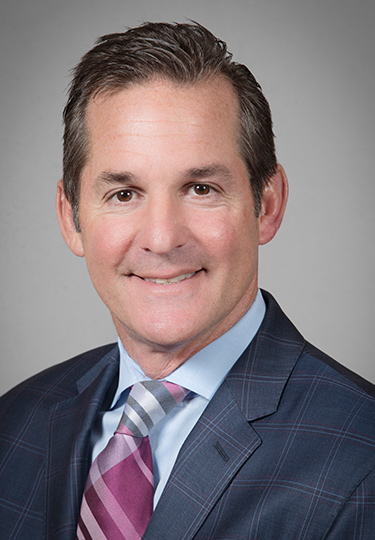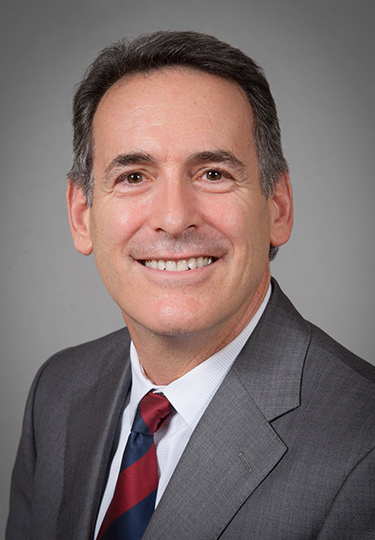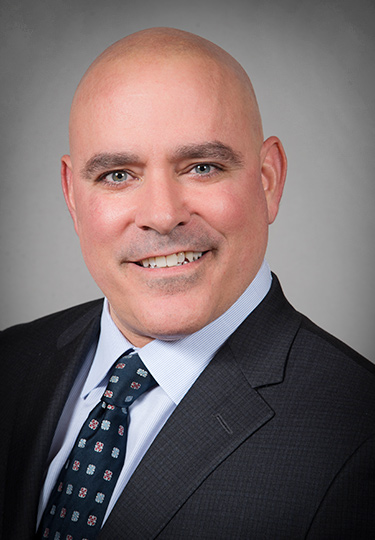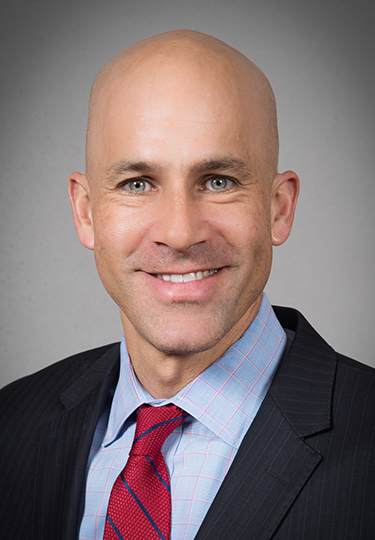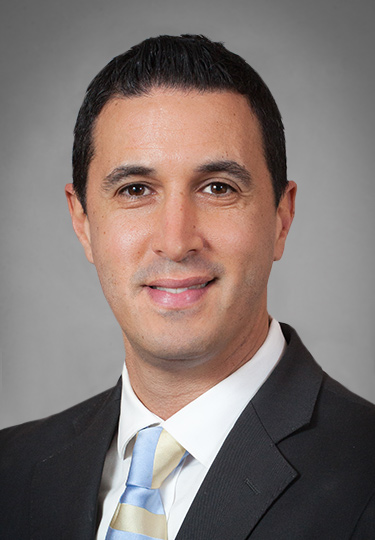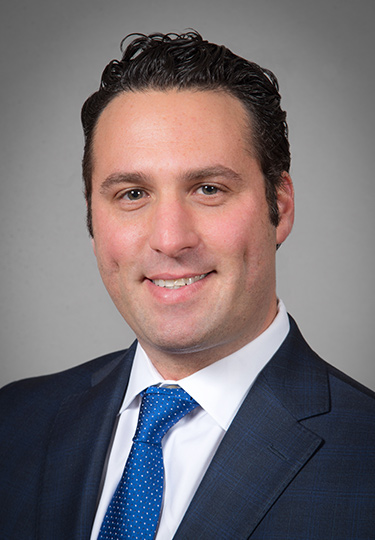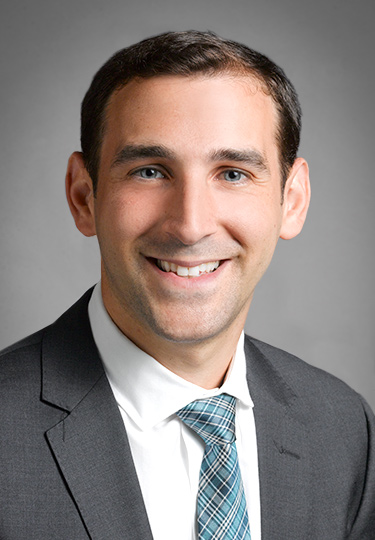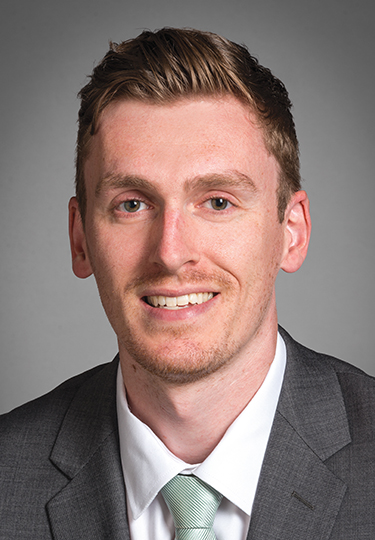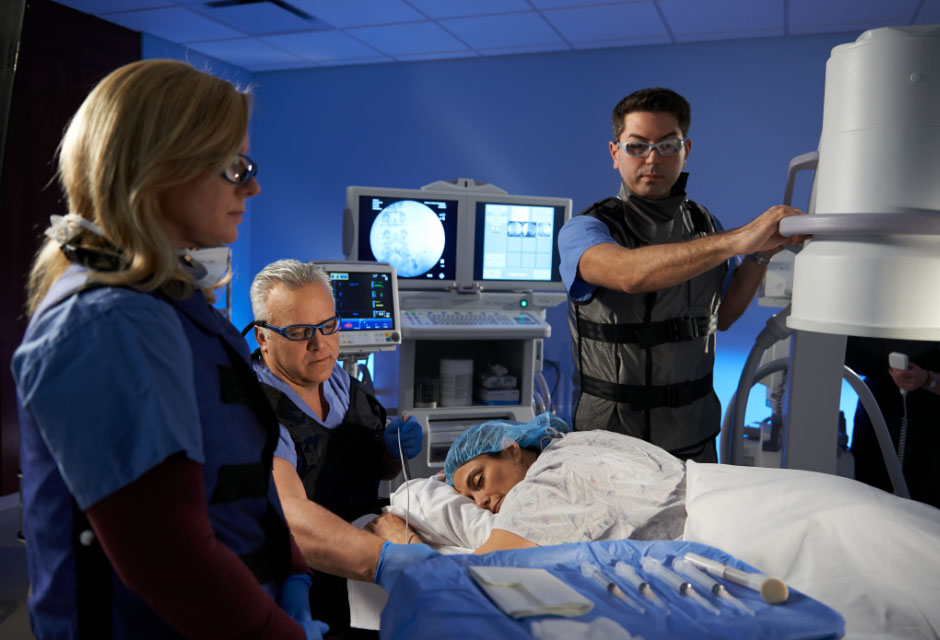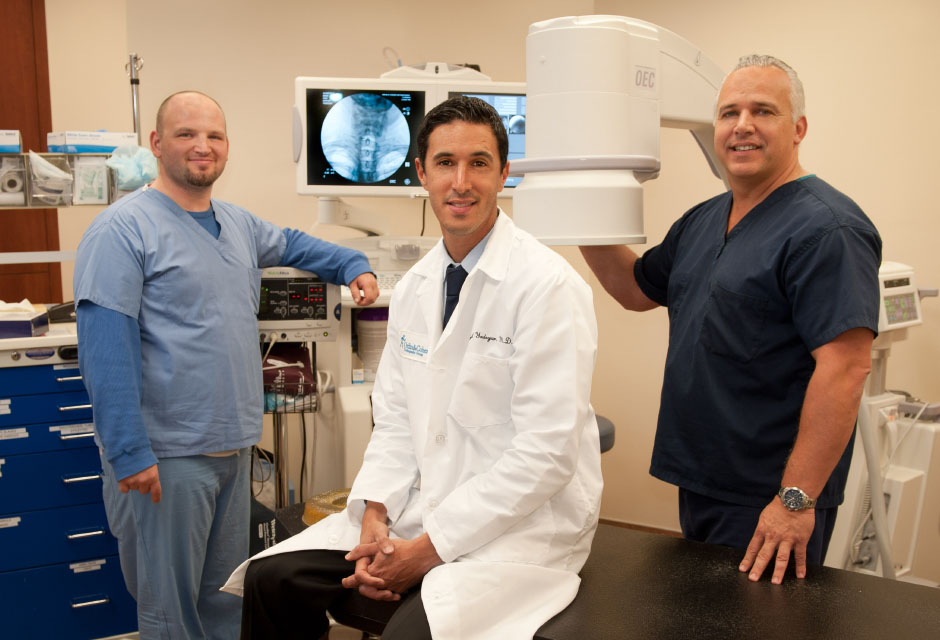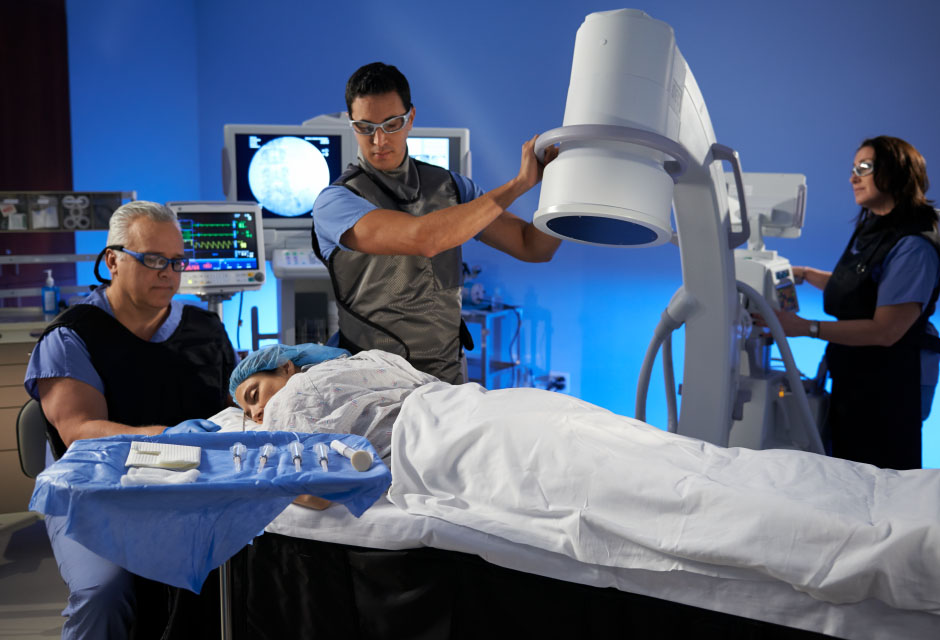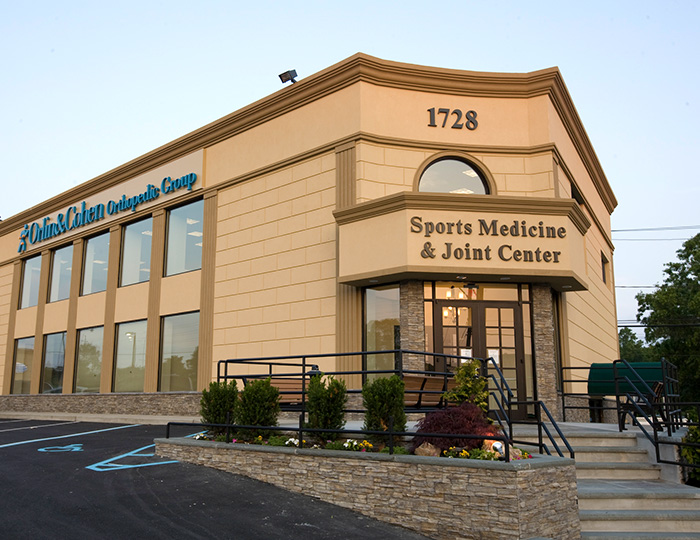
P: 516-536-2800
HOURS
Monday: 8:00am - 8:00pm
Tuesday: 8:00am - 8:00pm
Wednesday: 8:00am - 8:00pm
Thursday: 8:00am - 8:00pm
Friday: 8:00am - 8:00pm
Saturday: 9:00am - 5:00pm
Sunday: 9:00am - 5:00pm
On-site Wi-Fi Available
PRIVATE PARKING
There is a private parking lot for patient parking.
Bus Transportation
N19 (Stop: Merrick Rd & Central Blvd)
Office Doctors
P: 516-992-4710
F: 516-992-4717
HOURS
Monday: 6:30am-10:00pm
Tuesday: 6:30am-10:00pm
Wednesday: 6:30am-10:00pm
Thursday: 6:30am-10:00pm
Friday: 6:30am-10:00pm
Saturday: 8:30am-5:00pm
Sunday: 8:30am-5:00pm
On-site Wi-Fi Available
PRIVATE PARKING
There is a private parking lot for patient parking.
Bus Transportation
N19 (Stop: Merrick Rd & Central Blvd)
Orthopedic MRI
Superior to many other techniques, MRI has proven invaluable for diagnosing many knee, hip, spine and neck conditions, enabling doctors to see musculoskeletal structures that may not be visible by other methods. Orlin & Cohen has American College of Radiology-accredited MRI imaging facilities with the latest technology, including:
- High-Resolution Short-Bore MRI
- High-Field Wide and Short-Bore MRIs
- Open MRI
- Extremity MRI
- Seated Extremity MRI
- Advanced High Field Open MRI
Our MRI machines provide superior image quality for the most accurate diagnosis possible. Orlin & Cohen’s state-of-the-art technology maximizes your comfort, too, with specialized equipment that reduces scan times and covers as little of your body as possible to minimize claustrophobic feelings.
How to Prepare for an MRI
MRI scans involve minimal prep and no fasting. Since MRIs use powerful magnets, you should:
- Avoid clothing that contains metal, like snaps, buttons, zippers, or other fasteners
- Remove jewelry, glasses, watches, and hearing aids before the exam
- Leave coins, keys, credit cards, cell phones, and anything else that is magnetic or may contain metal in one of our secure changing rooms
If you wear a cardiac pacemaker or have metal inside your body, like metal plates, wires, screws, or rods, speak with your doctor about whether an MRI is right for you.
Diagnostic MRI FAQs
How long does an MRI take?
How long an MRI takes can vary, but the average is about a half hour. However, MRIs of certain long bones, contrast-enhanced studies, and arthrograms of certain joints can take approximately one hour.
What does an MRI show?
An MRI enables doctors to see body structures—including bones, soft tissue, muscles, ligaments, and tendons that may not be visible by other methods.
What is an MRI used for?
An MRI has proven valuable for diagnosing many joint, spine, neck, and musculoskeletal disorders.
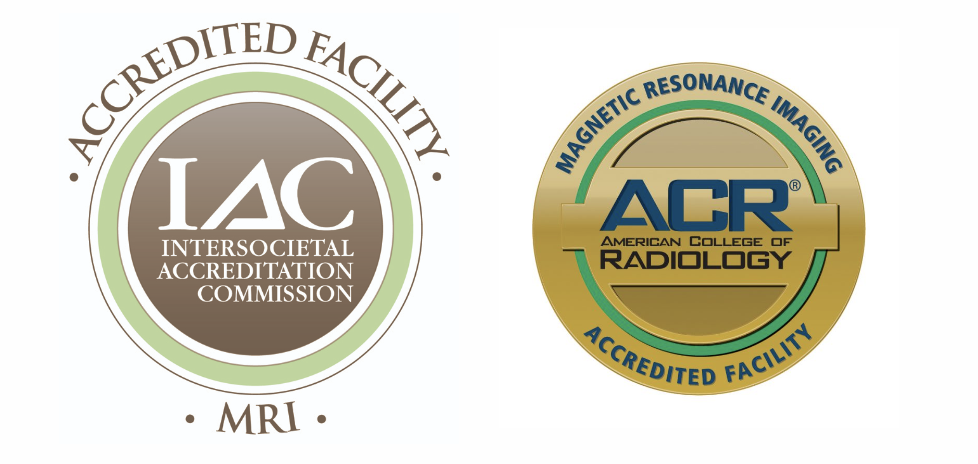
Office Doctors
P: 516-536-2800
F: 516-992-4717
HOURS
Monday: 8:00am – 8:00pm
Tuesday: 8:00am - 4:00pm
Wednesday: 8:00am - 4:00pm
Thursday: 8:00am – 8:00pm
Friday: 8:00am – 3:00pm
Saturday: 9:00am - 5:00pm
Sunday: 9:00am - 5:00pm
On-site Wi-Fi Available
PRIVATE PARKING
There is a private parking lot for patient parking.
Bus Transportation
N19 (Stop: Merrick Rd & Central Blvd)
Office Doctors
HOURS
Monday: Closed
Tuesday: Closed
Wednesday: Closed
Thursday: Closed
Friday: Closed
Saturday: Closed
Sunday: Closed
On-site Wi-Fi Available
PRIVATE PARKING
There is a private parking lot for patient parking.
Bus Transportation
N19 (Stop: Merrick Rd & Central Blvd)
Procedural Suites
Orlin & Cohen’s state-of-the-art procedural suites let our fellowship-trained pain management specialists complete minimally invasive procedures and treatments right inside our offices. Our suites are equipped with X-ray and ultrasound for targeted treatment and more effective pain relief.
Epidural Steroid Injection (ESI)
Epidural steroid injections can ease pain and improve mobility. During the procedure, a small amount of corticosteroids is injected into the affected area, reducing inflammation and providing long-lasting relief. In our procedural suites, fellowship-trained specialists deliver treatment using X-ray guidance to administer medication precisely.
Epidural steroid injections are frequently used to treat many spinal conditions, including herniated discs, spinal stenosis, degenerative disc disease, sciatica, and spinal arthritis. It can also be used to alleviate pain in the shoulder, arms, legs, and neck.
The procedure takes between 5 to 10 minutes to complete. Anesthesia is not required, but it is an option for patients. Patients begin feeling relief between 2 days and 2 weeks.
Spinal Cord Stimulator
Spinal Cord Stimulators (SCS) are an increasingly common way to treat chronic back, neck, and leg pain. During the minimally-invasive procedure, a small device is implanted near the spinal cord and emits electrical stimulation that interrupts the transmission of pain signals to the brain.
Before implanting the device, patients complete a one-week trial, where a pain management specialist places a temporary system near the epidural space of the spine. The temporary device is placed on patients inside our procedural suites. If the trial is successful, patients can schedule an outpatient procedure where the SCS system is implanted beneath the skin. Learn more about the HFX Spinal Cord Stimulation treatment.
Radiofrequency Ablation
Radiofrequency ablation (RFA) is a breakthrough procedure treating back and neck pain, arthritis, nerve damage, and joint pain. During treatment, your pain management specialist uses targeted radio frequency waves to disable nerves from carrying pain signals to the brain. Inside our procedural suites, a fluoroscope or X-ray guides treatment to the exact location. While not considered a permanent solution, RFA lasts about six months and can be completed two times per year.
Kyphoplasty
Kyphoplasty is a minimally invasive procedure used to treat vertebral compression fractures, often caused by osteoporosis or trauma. If left untreated, these fractures may contribute to a condition known as kyphosis or hunchback and can cause severe pain, loss of height, and a change in posture—all of which kyphoplasty can correct.
During the kyphoplasty procedure, a pain management specialist will use live X-ray guidance to insert a specialized balloon into the fractured or collapsed vertebrae before carefully inflating it to restore bone height. After the space is created, the balloon is deflated and removed, and the room left behind is filled with bone cement to stabilize the vertebrae and provide support.
Kyphoplasty can be completed inside Orlin & Cohen’s state-of-the-art procedural suites and is a safe, effective way to ease pain and restore the spine’s structural integrity for patients with kyphosis.






